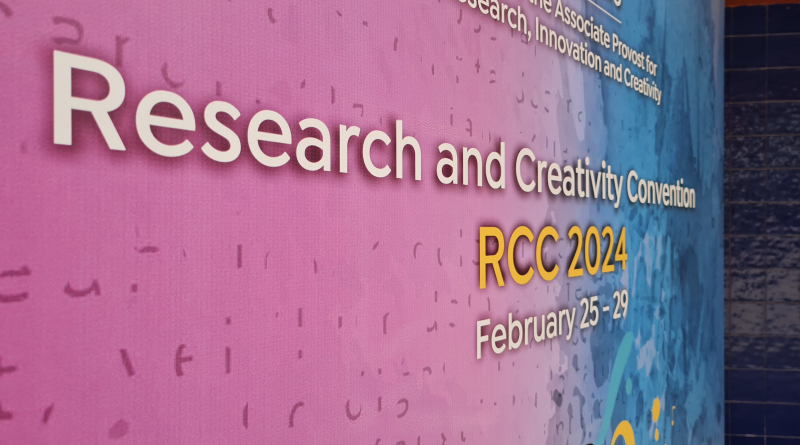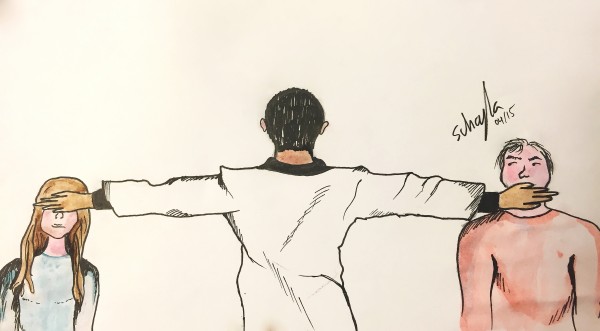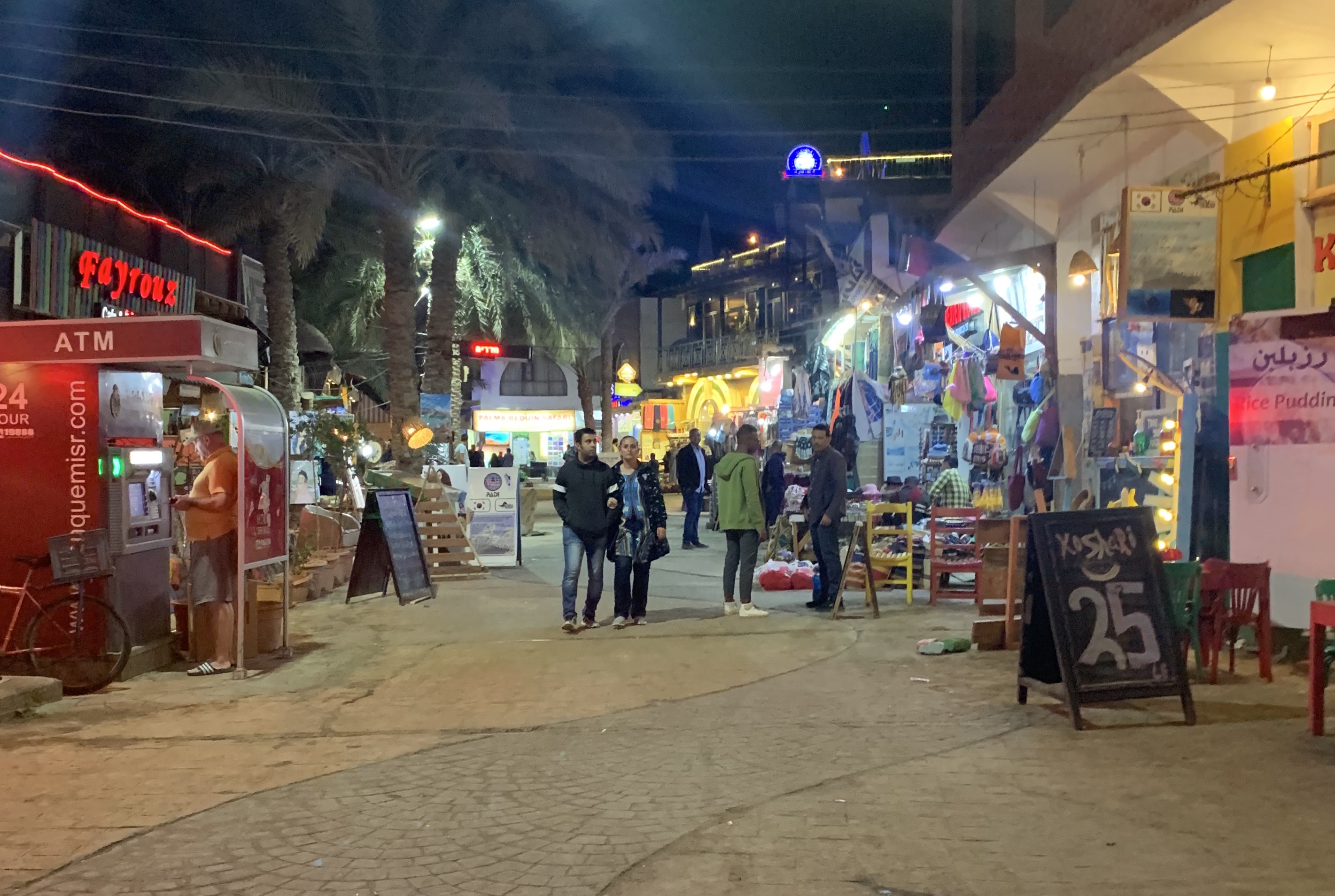Research & Creativity Convention: Where Academia Meets Innovation
Photo Taken By: Rayaheen Sam Qatena
AUC kicked off the ninth edition of the Research and Creativity Convention (RCC) on February 25 at AUC New Cairo Campus. The RCC is a five-day long convention under the leadership of the Office of the Associate Provost for Research, Innovation and Creativity.
This convention is an opportunity for students, undergraduates, and graduates to showcase their research across several disciplines, such as entrepreneurship, architecture, poetry, and sciences.
The activities were split into four main categories: undergraduate, graduate, faculty, and community activities, catering to the wide range of contributions from each segment of the academic realm. Their works could be presented through posters, presentations, and even three-minute pitches.
Dean of Graduate Studies and Associate Provost for Research Adham Ramadan spoke with The Caravan about the importance of RCC for the academic community and beyond.
“RCC offers different venues for showcasing the multi-faceted research and creativity activities taking place at AUC. Very importantly, it is a venue for collaboration activities between undergraduate and graduate students on one hand, and faculty members on the other,” he said.
Ramadan further highlighted how RCC not only focuses on academic contributions but also entails creativity through its student music performances, graphic design skills, and student plays.
“Overall, it is a reflection of the diversity of activities taking place at AUC,” he said.
According to Ramadan, RCC’s mission reflects the clear intersection between academic research and innovation, where he perceives innovation as the “anchor” behind fundamental research.
“Innovation can be considered as the translation of fundamental research to practical applications addressing needs for advancement and development,” elaborated Ramadan.
Ehab El Shimi, director of the Undergraduate Research Program, explained how participation in the convention facilitates opportunities for undergraduates.
El Shimi said that the RCC targets undergraduates from all over the world, with local universities such as Mansoura University and Cairo University being among the top participants. This inclusion of students from diverse backgrounds and interests is also reflected in the Excellence in Undergraduate Research, Entrepreneurship and Creative Achievement (EURECA), a part of the RCC that welcomes academic work from undergraduates across eight different tracks, including architecture, civic engagement, entrepreneurship, and first-year research.
“The nice thing about it is that it encourages students to come together from different universities to present their research and creative works,” El Shimi commented.
This was reiterated by Nouran Mohamed, an Alamein University public health junior who participated in EURECA this year.
“Presenting in EURECA makes you see different perspectives from completely different people, which makes your scope even wider and makes you reflect on your work,” she said.
El Shimi also revealed a new step for EURECA that may be implemented next year, which he credits Assistant Professor and Chair of the Department of Economics Dina Abdelfattah for suggesting. The step would involve inviting employers to the conference to facilitate networking opportunities for the participating students.
“We can have panels by potential employers in their respective fields to come attend the presentations and discussions. These employers can then give them feedback on their research and also network with them to apply for potential positions,” he explained.
El Shimi noted that Abdelfattah originally encouraged implementing this step for economics students, but EURECA decided to take it a step further and implement it for other majors as well. He also added that they are looking forward to discussing the possibility of doing this in collaboration with the Career Center.
El Shimi also highlighted his growing concern over artificial intelligence, revealing that minor changes might be made to the application criteria next year.
“I’m thinking of alternatives of how we can better evaluate and make sure that the papers we are presenting are worth presenting and that it’s actually original work that’s from the students’ input and isn’t just generated by AI,” he commented.
Aside from networking and presenting their work, El Shimi highlighted how EURECA could be the starting point for students aiming to publish their work, explaining how he urges the participating students to go the extra mile and submit their papers to the Undergraduate Research Journal.




